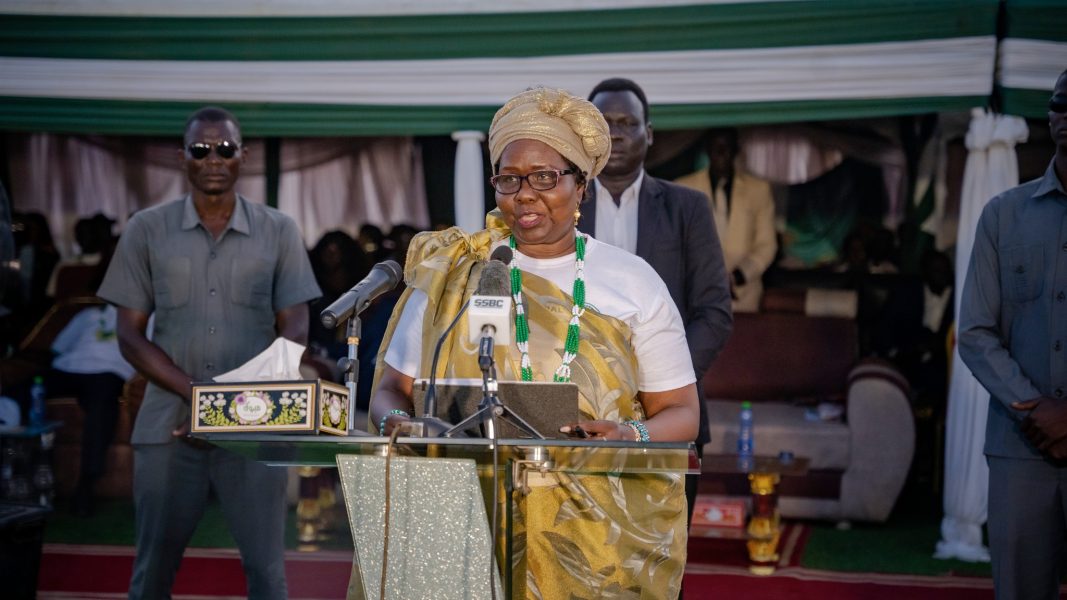
Vice President and Chairperson of the Service Cluster, Josephine Lagu, officially closed the second edition of the Pojulu Cultural Festival on Monday, urging South Sudanese communities to embrace unity and safeguard their rich cultural heritage.
Addressing a gathering of cultural leaders, government officials, and community members, Lagu applauded the Pojulu people for proudly showcasing their traditions through dance, music, storytelling, and crafts.
“This festival is a testament to the strength and beauty of our culture,” she remarked. “Let us continue standing together in unity and pride as one people.”
Emphasizing the importance of deepening cultural connections, the Vice President proposed that future editions of the festival be held on ancestral Pojulu lands, reinforcing ties to history and empowering grassroots cultural revival.
The three-day celebration served as a dynamic platform for intergenerational dialogue and cultural education, drawing participants from across the nation. Traditional performances and oral histories highlighted the significance of cultural continuity in fostering national cohesion.
Minister of Cabinet Affairs and Chairperson of the Pojulu Community, Martin Elia, reinforced the role of cultural events in promoting peace. “Cultural activities bring peace to the people,” he said. “We must send a message to the world that South Sudan is united and peaceful.”
Minister of Culture, Museums, and National Heritage Nadia Arop, praised the Pojulu community for successfully organizing the event. “This second edition is unique. Congratulations to the Pojulu community,” she said. “It takes great effort to bring people together through our diverse cultural heritage.”
Arop emphasized that cultural preservation extends beyond performances, encompassing history, identity, and dignity. “Culture is not just about dance and music—it represents who we are,” she asserted. “The cultural policy we passed is not just a document; it must be implemented by communities to safeguard our heritage.”
She also stressed the importance of collaboration between the government and local communities. “Protecting our culture is a shared responsibility,” Arop added. “The government provides the policies, but the communities bring them to life.”
As the festival concluded, leaders encouraged other communities across South Sudan to follow the Pojulu’s example and organize cultural celebrations that strengthen national identity and unity

